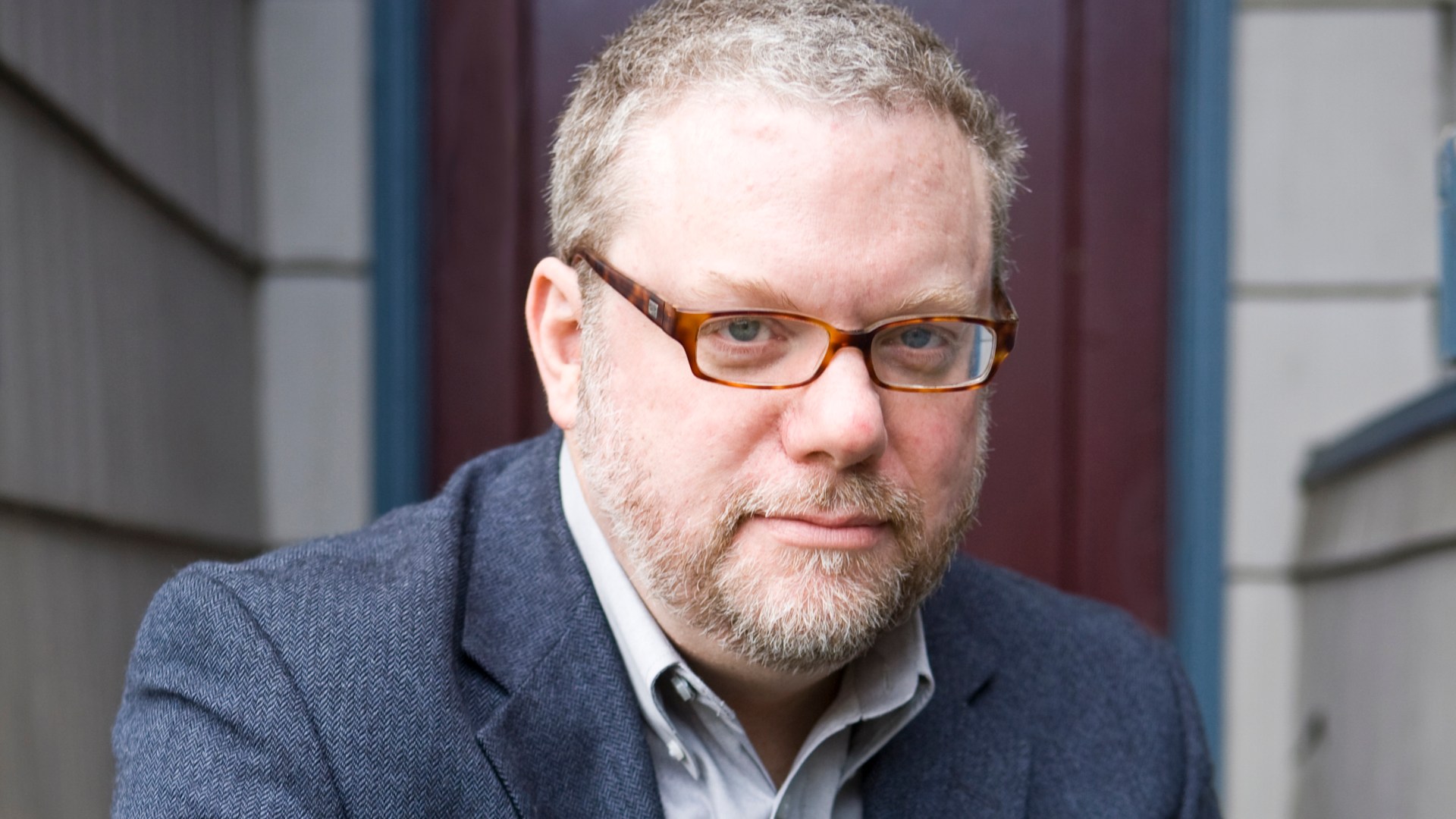On his blog this spring, Rod Dreher invited readers to chime in and list books that have rescued them from a downward spiral, as The Divine Comedy did for him. (A review of Dreher's book, How Dante Can Save Your Life, appeared in our June issue.) CT asked Gregory Wolfe, editor of Image Journal and author of such books as Beauty Will Save the World, to run with this theme. Here, Wolfe lists 5 books that can save your life.
The Brothers Karamazov, by Fyodor Dostoevsky
Like Dante’s The Divine Comedy, The Brothers Karamazov has it all: heaven, hell, and the purgatorial world in between. Part murder mystery, part novel of ideas, this sprawling, profoundly Russian novel of passion, betrayal, and the fragility of hope is held together by the young monk Alyosha. His innocence and faith are challenged not only by earthly passions but by his brother Ivan’s powerful nihilism. Alyosha passes through fires of tribulation to a hard-won vision of compassion and grace.
Four Quartets, by T. S. Eliot
Though legendary for being cryptic and obscure, Eliot’s poem has rewarded generations of readers with profound insights into the spiritual life. Written just before and during World War II—and infused with the suffering and grief of those years—Four Quartets raises the ultimate questions about time, suffering, ecstasy, and death. The central theme is the difficulty of holding on to truth; the poem suggests that moral and spiritual disciplines shape our capacity to glimpse meaning, to draw near to the “still point of the turning world.”
Cloudstreet, by Tim Winton
Set in mid-20th-century Perth, Australia, Cloudstreet chronicles the lives of two families forced to inhabit the same home. Sam Pickles, who was injured in an accident, inherits the rambling house but must take in the Lamb family to make ends meet. The Lambs have also known tragedy: Their son Fish is left mentally disabled after nearly drowning. Winton, an enormously gifted novelist who is criminally underrated in North America, combines moments of magical realism and comedy with the rawness of grief and despair. The result is both absorbing and almost unbearably poignant.
Waiting for God, by Simone Weil
Written by a brilliant French Jew who became something of a Christian mystic, these scattered essays and letters don’t make for easy reading. And yet Weil’s meditations on attention as a form of prayer and the nature and meaning of suffering (which she calls “affliction”) offer illuminating insights. Weil died young, so her theology was a work in progress. But that doesn’t mean her wisdom can’t aid one’s pilgrimage through life.
Master and Commander, by Patrick O’Brian
This novel and the 20 that follow are known as the Aubrey/Maturin books. Set during the Napoleonic Wars, these stories take place largely on board His Majesty’s fighting ships. Jack Aubrey is an intrepid captain, brilliant at sea but confused and hapless on land. Stephen Maturin is a doctor and naturalist, clumsy at sea but a shrewd spy and gifted scientist. They make one of the great odd couples of all literature, in part because readers identify with both characters. Human and moving, these books make reading itself a “saving” joy.










